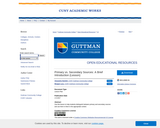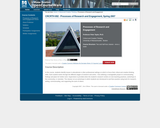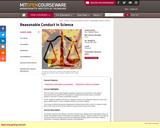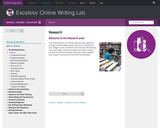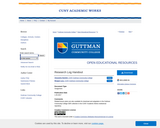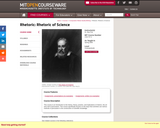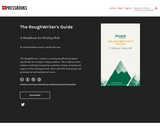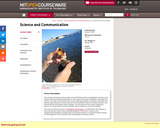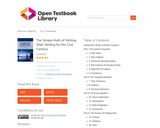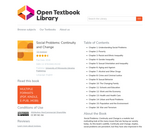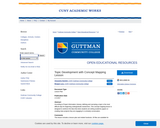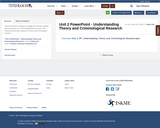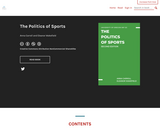
This Open Educational Resource is a collection of texts and materials that team together students’ familiarity with sports and critical inquiry skills. Sports has an undeniable fascination for cultural studies scholars, and the athletic competition and the social conversations it elicits can help students to see how ethical argumentation plays beyond the walls of the ivory tower. The Politics of Sports, as a broad field of study, is of interest to both scholars and pundits alike. Through inquiry into sports, students can see how debate functions in both academic and public spheres. We have found sports to inspire a wide range of independent research topics in our writing classrooms that challenge students to engage with complex research questions that delve into the social structures that shape what we value and how we act as citizens. Sports is often central to the college experience and ubiquitous in families and communities around the world. The wide variety of audiences interested in sports the personal, economic, and social values tied up in sports invites research writers to think carefully about audience, community, and stakes of argument. We believe that The Politics of Sports has the potential to capture the interest of college students in order to excite them to begin a research journey with a sense of authority and investment in a topic that is at once familiar and complex enough to yield a wide range of inquiry .
- Subject:
- Composition and Rhetoric
- Literature and Composition
- Material Type:
- Textbook
- Provider:
- OpenOregon
- Author:
- Anna Carroll
- Eleanor Wakefield
- Date Added:
- 03/04/2020

